“We must learn what customers really want, not what they say they want or what we think they should want” – Eric Ries, The Lean Startup
You’ve got an idea for a business you could start and you’re excited! But what if you throw everything into your new idea and it fails? Maybe you’re wondering why no one’s thought of it yet.
There’s probably a reason. Is your idea good, because you think it is or because you know it is? Until you validate your idea, you’re going on a hunch.
We’re going to make sure your idea has a fighting chance of true success!
If not, you’ve saved yourself time, money and hard work.
6 Ingredients for A Great Idea
1. Solve a Problem
“What is the problem in need of a solution?” Your business idea is the solution.
Entrepreneur, Dane Maxwell, never starts with a business idea. Instead, he heads straight to a particular market or group to ask people what their pains and problems are and discover how their job or life could be made easier, eliminating the need to worry about generating ideas, and focusing instead on how to solve a problem.
2. Focus on Being “Superior” Not “New”
Find a niche or create a product with established customers. Your competitors have done the ground work for you. All you need to do is improve, reinvent or add a twist.
3. Point of Difference
“Something remarkable is worth talking about. Worth noticing. Exceptional. New. Interesting. It’s a Purple Cow. Boring stuff is invisible. It’s a brown cow” said by bestselling author Seth Godin in his book, The Purple Cow.
Stand out. People want something better and you can give it to them. Be superior!
4. Establish Clearly What You Specialize In
Convince your customer you have the solution by clearly explaining the problem better than they can. Don’t go too broad or try to be everything to everybody. Some people call this niching down.
Digital strategist Nathalie Lussier, believes that if you can establish yourself as an authority in one very specific area, then you can grow a small but targeted audience then unfold into new products and new ideas when you’ve established a relationship with those people. It’s easier to become an expert in other topics when you are already an expert in one topic.
5. Discuss Your Idea with People
Put your idea out there to be critiqued. Get feedback. Someone is already doing the same thing and if no one is, then you’re probably in the market at the wrong time or the market is too small. Remember ingredient number one, be superior not new.
6. An Idea Is Just an Idea Until It’s Executed
Your ability to execute your idea is more important that the idea itself.
6 Steps to Validate Your Idea
Find out what people are buying, what people are searching for online, what problems people have and the solutions they want.
#1. Survey Methodology – The Ask Formula
Before you start building, talk to customers. Validate your start up assumptions and gain actionable insights by using surveys.
Ryan Levesque, a neuroscientist and marketing insider, developed one of the most cutting edge ways to achieve accurate results – the Ask Formula a unique and specific sequence of online surveys.
Ryan Levesque explains – success is simple. Find out what people want and give it to them. The thing is, people can’t accurately tell you what they want. The questions people can answer accurately are:
What they don’t want; and
Questions about their past behaviour
It’s crucial to sift out the false positives and focus on actions not words.
Henry Ford once famously said “If I had asked people what they wanted, they would have said ‘faster horses’”.
If you don’t have an email list, create a landing page and run an Adwords Campaign on Google to acquire the information or partner with someone who does have a list.
You can order a free (+deliver) copy of the book here.
Here is a brief description of the survey sequence:
1. The “Deep Dive” Survey
You send an open-ended survey to your email list asking them what their single greatest challenge is (along with several additional questions). In doing so, you gain a deep understanding of your market and the natural consumer language they use. Based on the results of the survey you’ll be able to identify the biggest “buckets” or categories of customers. The book dives into important nuances to this process. If you don’t have an email list, he suggests using a landing page (and presumably paid traffic) to acquire the information or partnering with someone who does have a list.
2. The “Micro-Commitment Bucket” Survey
This survey asks people a series of small, non-threatening, multiple choice questions prior to asking more pointed and private questions (such as name and email address). These answers are used to put people into different “buckets” so you can customize marketing, sales messaging and the products you introduce to each customer based on what “bucket” they fall into.
3. The “Do You Hate Me?” Survey
This is a survey you send by email to everyone who has entered into your email follow-up system, but who has not bought from you after you’ve presented people with the absolute best deal, price or promotion you can offer. “What’s the single biggest reason you’ve decided not to work with me or purchase the XYZ product? Was it something I said? Something I didn’t say?” Or “Do you just hate me?”. This survey is to find out why they haven’t bought from you. The data you obtain allows you to tweak, iterate and fine-tune your sales funnel over time.
4. The “Pivot” Survey
If they still don’t buy from you, the final email is sent out saying something like “Hey, listen, I know you’re not really interested in what we’ve been talking about, so which of the following options would you like me to talk about next? Would you like to know about Topic A, or perhaps Topic B, or maybe even Topic C?” What you are really asking is “What do you want me to sell you next”. Usually if your prospect responds to the Pivot Survey email they eventually will buy.
Survey Monkey
Survey Monkey is an online platform for creating and publishing surveys.
Pricing: A basic survey is free and you can upgrade for more powerful features
#2. How to Come Up with a Course That Sells
The online learning industry is worth over $107 billion so if you’re planning on creating a course, this make sense!
A great place to find popular courses is Udemy, an online education marketplace. Udemy has over 40,000 courses on just about anything and over 11 million students enrolled.
For example, if you search for a fishing course, How to Fly Fish: A Lifelong Hobby pops up. Over 1,000 students are currently enrolled at $50 per student, that’s $55,450 in current revenue. This is quite a lucrative niche! (Udemy take 50%)
If you want to create a course in fly fishing, this information helps validate your idea. People pay to learn about fly fishing online. Now, you just need to make a “superior” course!
#3. The Online Tool That Will Do the Testing for You
Quick MVP is software for customer validation and business viability where you can test your ideas before you spend time and money. You can get your page in front of more potential customers with the built-in Google Ad creator. Test multiple business ideas in minutes and calculate the business projections for each idea based on experiment results. Get data on customer acquisition cost, margin, market size, and profit potential for your ideas before you build.
#4. Find Out What’s Trending
Buzzsumo allows you to find out what content performs best for any topic or competitor on the web and the main social networks. You can set up content alerts for keywords, authors and domains including competitor sites.
Pricing: Free version and paid plans for bigger businesses available.
Google Trends
Google Trends is an online search tool based on Google Search, that allows you to see how often specific keywords, subjects and phrases have been queried over a specific period of time. This is a great tool to get a broader look at particular market or industry.
For example, if you search travel, the graph shows a downward trend for this search term.
Pricing: Free
#5. Find Out What People Are Buying
Google Shopping Insights
Google Shopping Insights allows you to explore trends and popularity of products across the US. Shopping Insights estimates the interest in a product or category of products based on shopping related queries on Google.com and Google.com/Shopping and aggregates interest in a particular product from a large sample of queries which may use different keywords and terms to describe the same products.
For example, if you wanted to create a new brand of Nespresso compatible coffee pods, you could use Google Shopping Insights to see where Nespresso machines are most popular.
Pricing: Free
Merchant Words – Find Out What People Are Buying On Amazon
Merchant Words returns an estimated monthly search volume for keywords people search on Amazon plus a list of dominant categories. Amazon is a powerful search engine for product research because people searching Amazon are thinking about making a purchase.
#6. Do Keyword Research
Keyword research is when you research actual search terms that people enter into search engines. You do this to learn which terms and phrases to target and to learn more about your customers as a whole.
Example Case Study.
Let’s say you want to start an online business selling luxury dog collars! Today, we will test the phrase “luxury dog collars” using the keyword research tools listed below.
Google Search Bar
If you start typing a keyword into the Google search bar, Google will return a drop down list of related searches. Whilst you won’t have any data around these searches, you can still use this method to find long tail key words that people are searching and confirm people are searching your targeted keywords.
Pricing: Free.
Eg: The Google Search bar confirms that people search this exact phrase

Google AdWords Keyword Planner Tool
To access Google’s Key Word Planner tool, you will need to set up a Google AdWords account. The tool is designed by Google for searching keyword and ad group ideas for an advertising campaign. Even if you don’t wish to create an ad campaign, you can still use this free tool for your keyword research.
Pricing: Free. You must have a website to sign up with Google AdWords to access the Keyword Planner tool.
Eg: The KWP tool shows us that there are 1,900 searches on average for this exact phrase in a month. The tool will also suggest hundreds of other related keyword ideas.

Long Tail Pro
Long Tail Pro is a keyword research and competitor analysis software. Long Tail Pro allows you to generate more than 800 keywords using the data from the Google keyword tool in seconds. You can quickly analyse the top 10 search results in Google search, filter by a number of criteria, export results, add notes and more.
Pricing: $25 per month (billed annually) or $37 per month

Market Samurai
Market Samurai is also a keyword research and competitor analysis software with additional tools such as choosing a search engine friendly domain, monetization via affiliate ads, finding and publishing content and building high-authority back-links to improve your sites rankings.
Pricing: $149
You might like…
Podcasts:
Pat Flynn interviews Ryan Levesque and Dane Maxwell on his Smart Passive Income podcasts
SPI 046: Building a Lucrative Business with No Ideas, No Expertise, and No Money with Dane Maxwell or reading the transcript
SP 178: The Ask Formula – How to Discover Exactly What Your Audience Will Buy (Even If You Don’t Have a Following) with Ryan Levesque or reading the transcript.
Book: Ask by Ryan Levesque
Free, Shipping $4.95
Book: The Lean Start Up by Eric Ries
More on the book and author
Get a copy of the book
$12.53 on Kindle, Paperback $11.92
Book: Will It Fly by Pat Flynn
$7.37 on Kindle, Paperback $12.57
Pat Flynn describes Will It Fly on his website Smart Passive Income:
How to Test Your Next Business Idea So You Don’t Waste Your Time and Money
Will it Fly will teach you how to validate your ideas. In other words, this book is designed to help you determine if your idea for your business will succeed, or if it will struggle and ultimately fail.
Will It Fly? takes you and your ideas through extensive exercises to determine:
Does your business idea have merit?
Will it succeed in the market you’re trying to serve, or
Will it just be a waste of time and resources? and
Is it a good idea for you?
In other words, will it fly?
Blog Post: Survey Questions That Work by Kissmetrics
AUTHOR: SARAH PILATI Hi, I’m Sarah! I’m here to help you create your first WordPress blog. I cover the early stages of your project – getting your website up and running! If you have any doubts you can do it yourself, this website is for you! You can get started here.



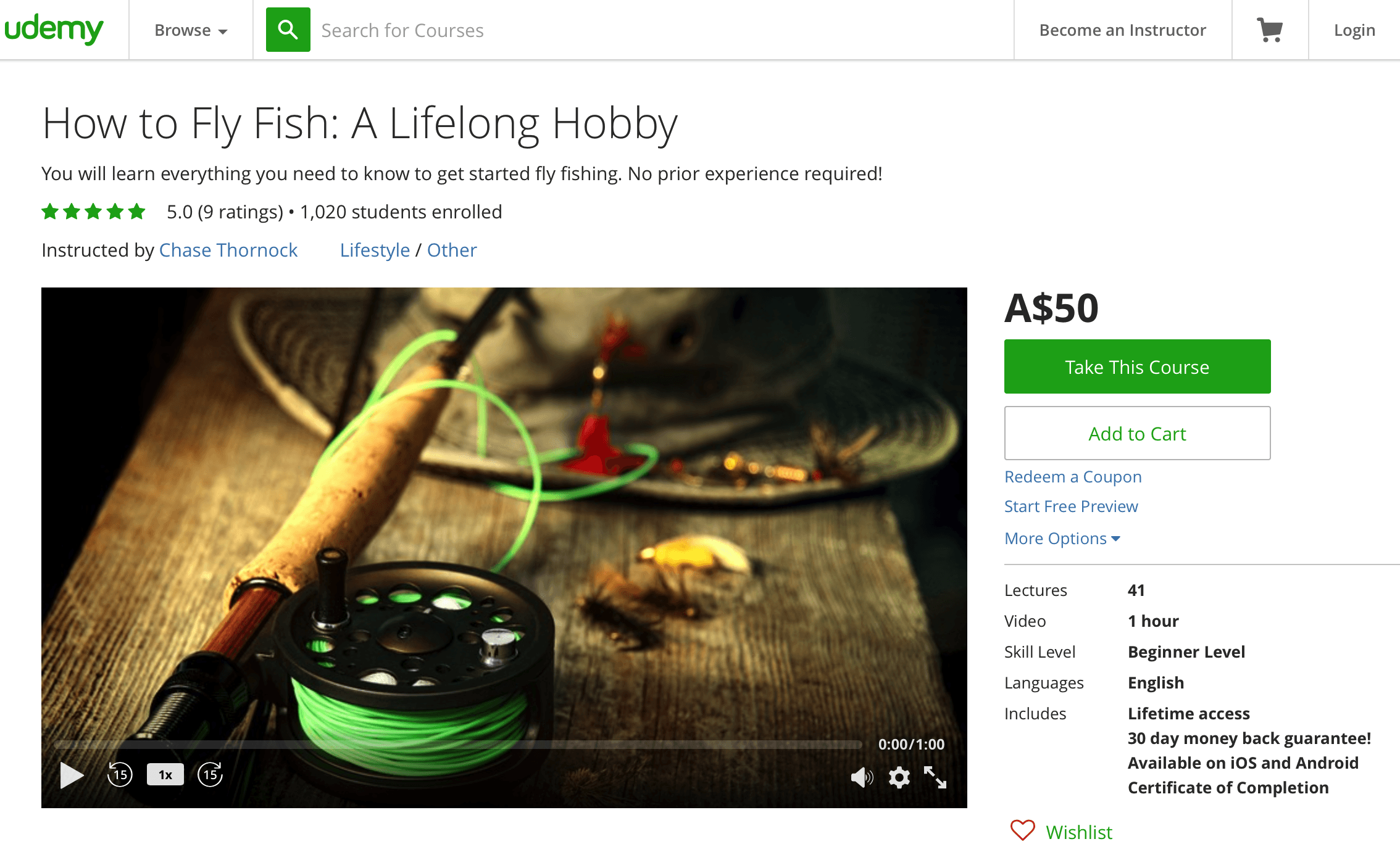
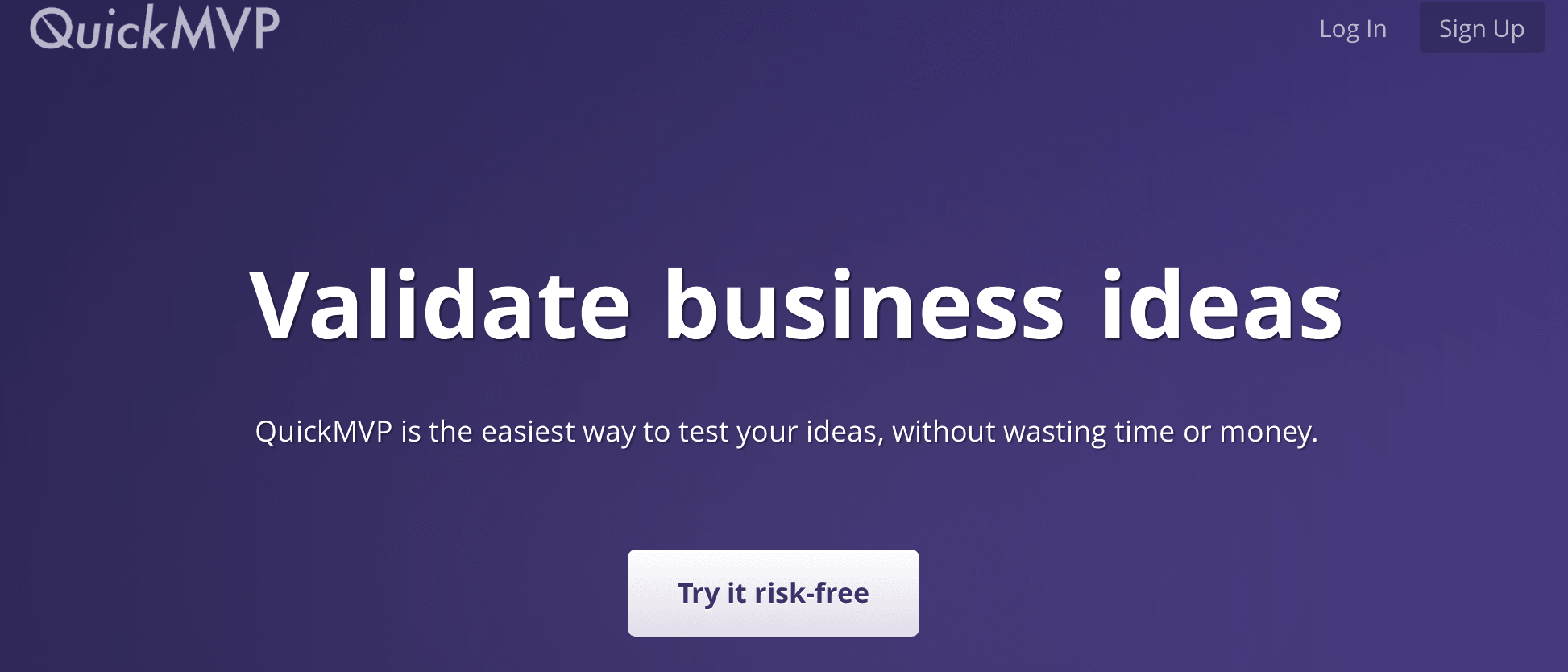

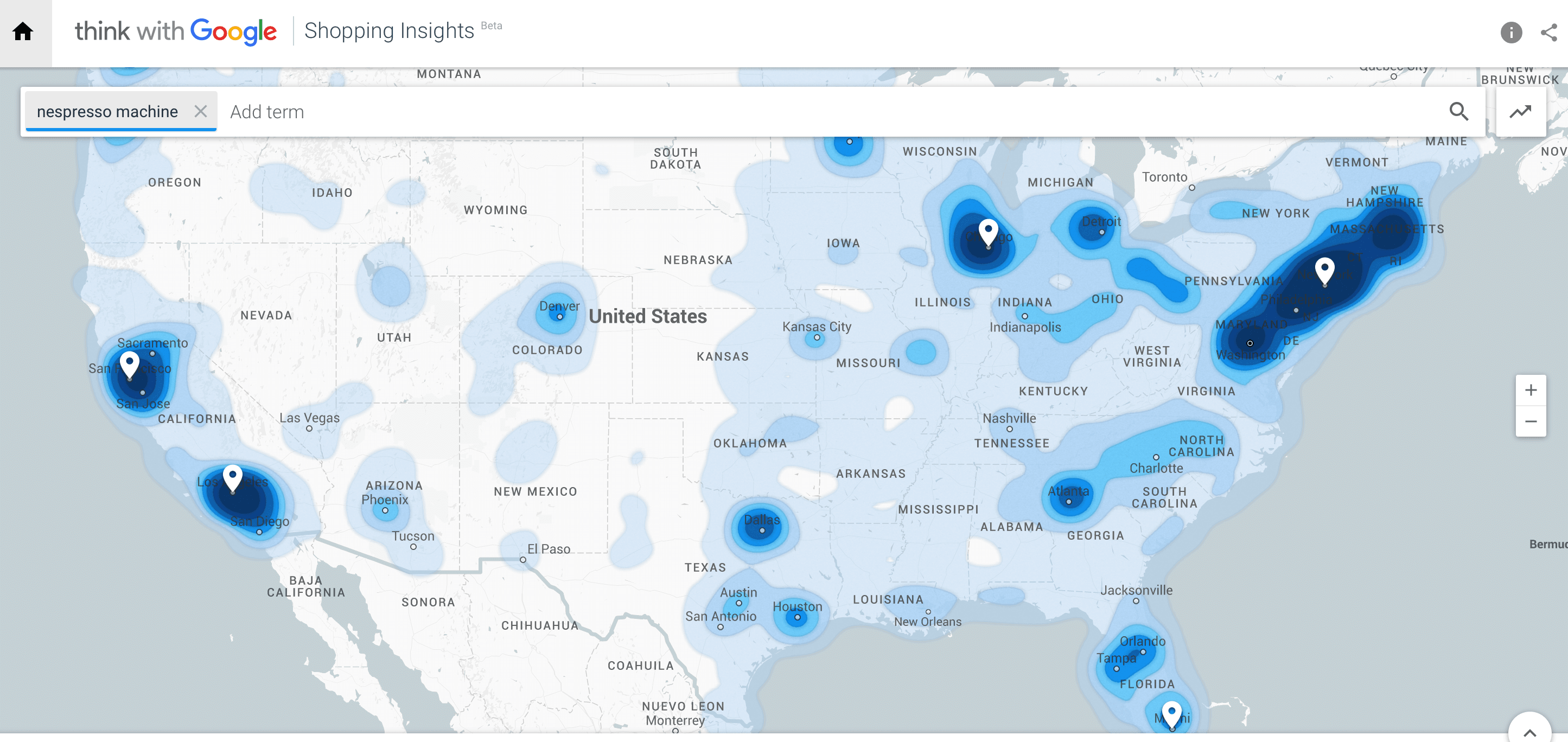
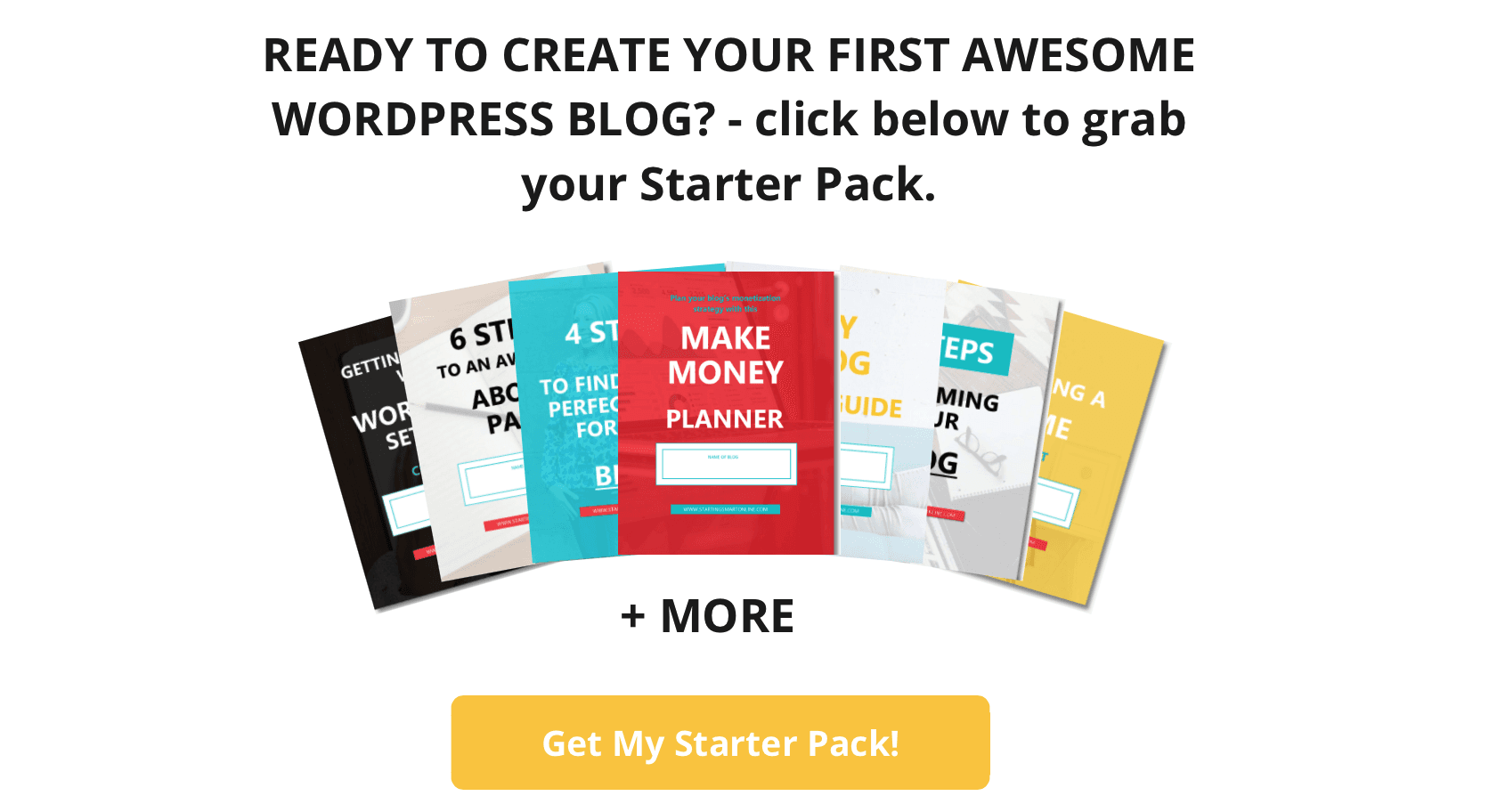


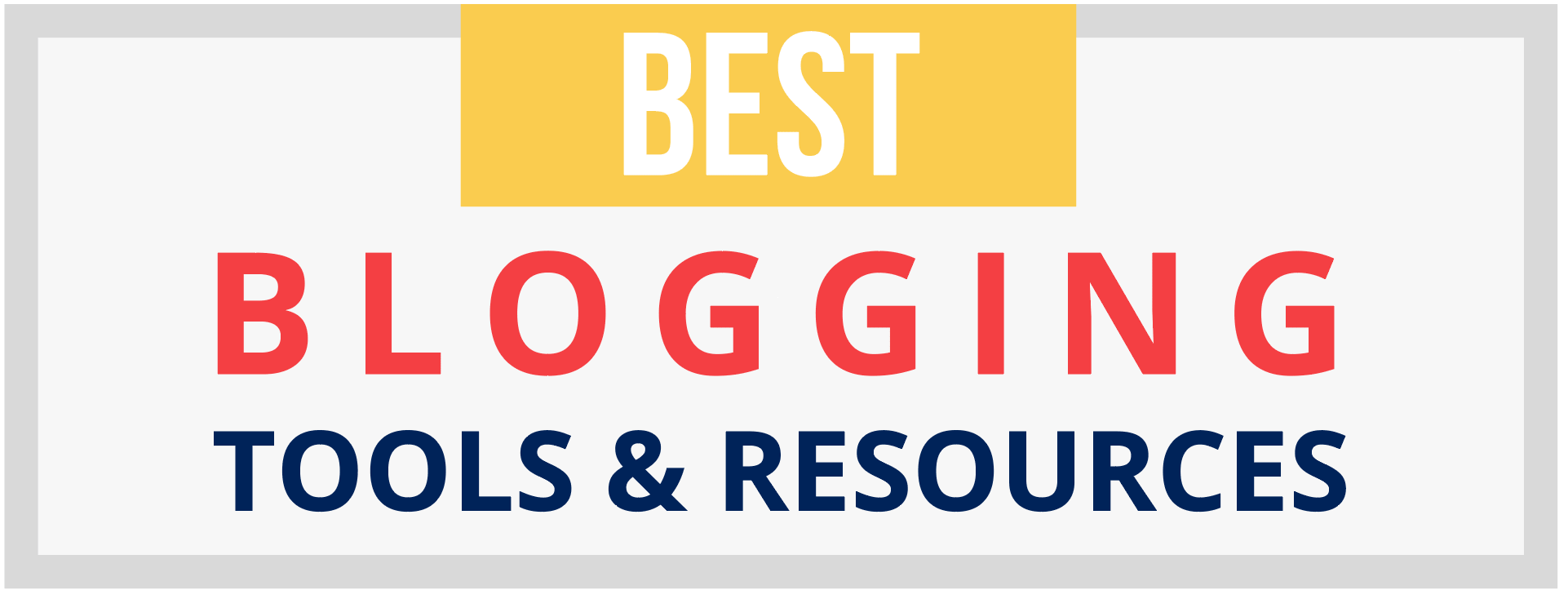
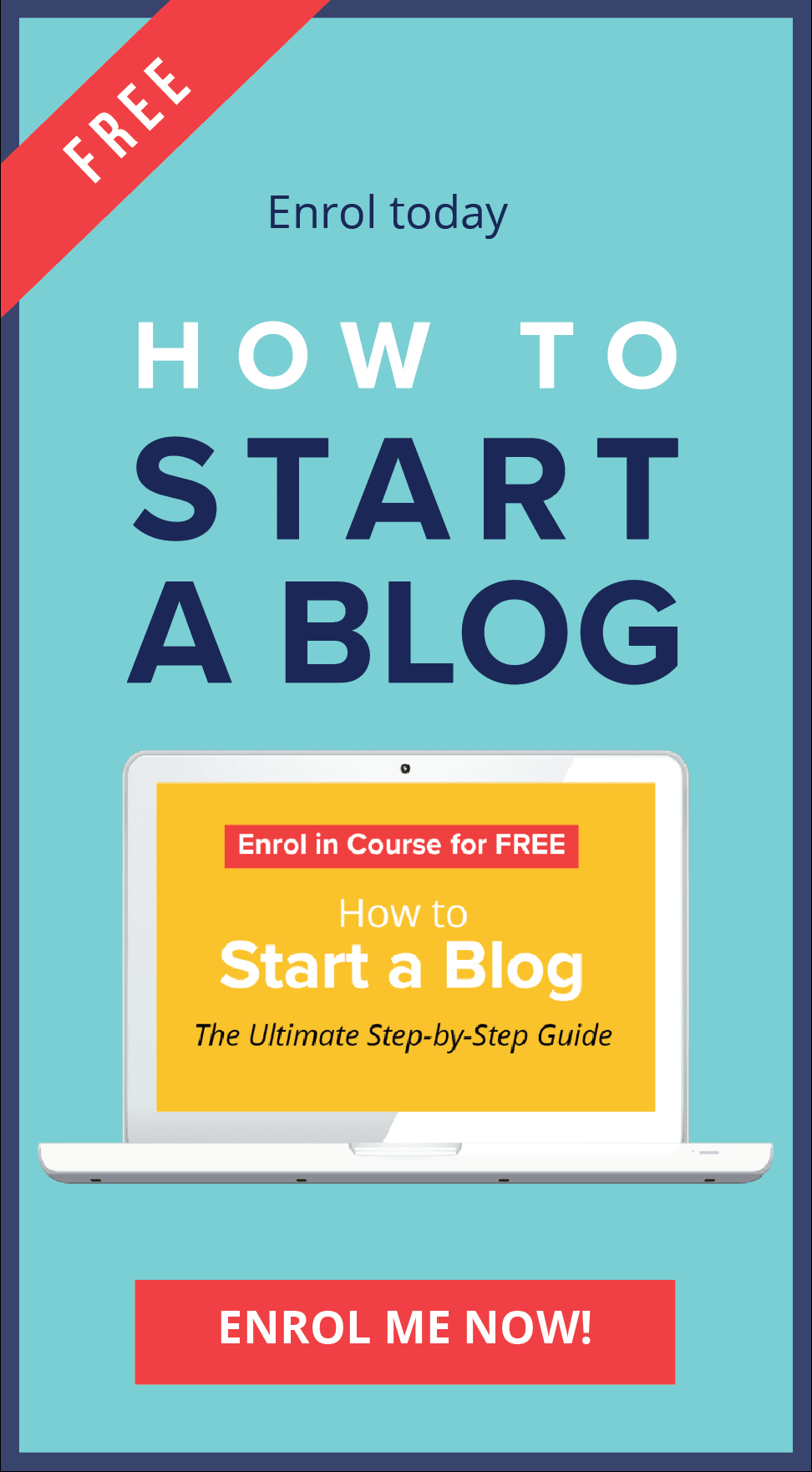


0 Comments